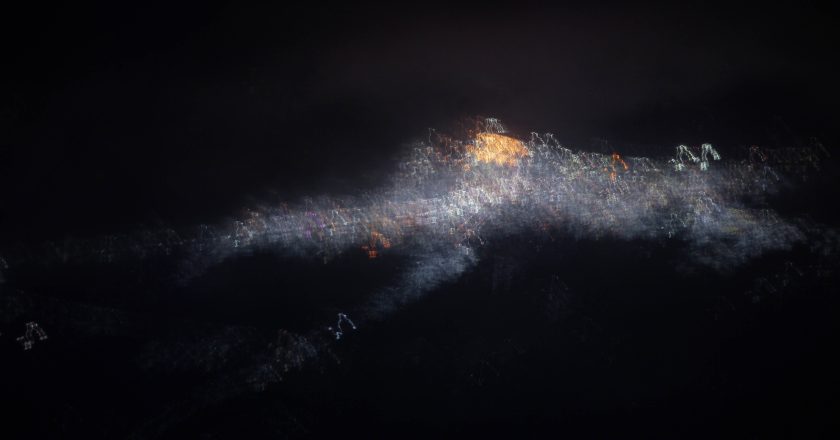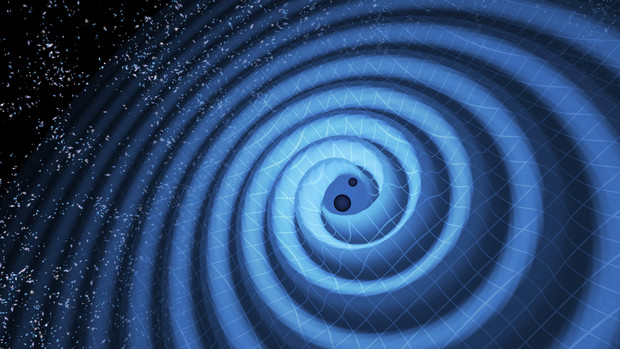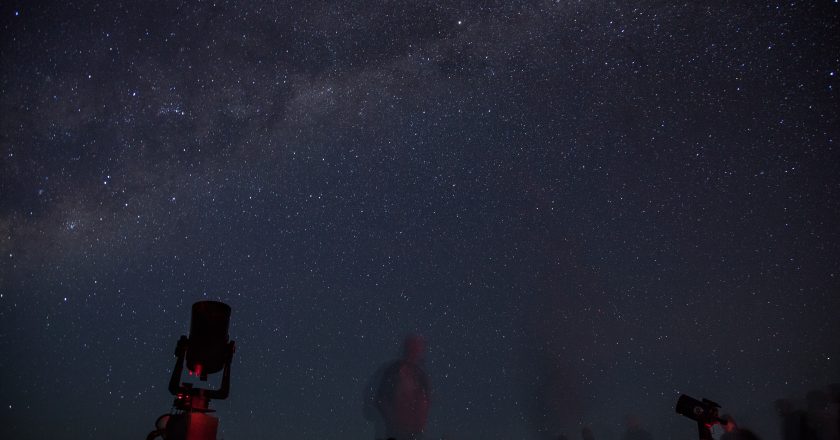Are clouds effected by the extra terrestrial?
Cosmic rays are charged particles that come from outer space and bombard the Earth’s atmosphere. These particles usually decay in the early stages of the Earth’s atmosphere, raining down a shower of product particles onto the Earth’s surface. If you have never heard about cosmic rays, this may seem very alarming. But the fact is that these particles have been showering over you for your entire life, and can cause little harm. However, a collaboration of scientists from across the globe have been wondering whether this continuous barrage of extra terrestrial particles has an effect on the Earth’s atmosphere, and more particularly its cloud formation. To investigate this question, the Cosmics Leaving Outdoor Droplets (CLOUD) experiment, was formed.
Since 1750 the Earth’s surface temperature...








